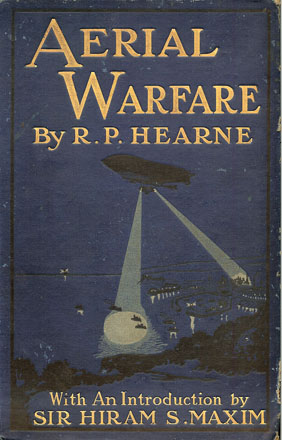The Scareship Age
On the night of 23 March 1909, a police constable named Kettle saw a most unusual thing: ‘a strange, cigar-shaped craft passing over the city’1 of Peterborough, Cambridgeshire. His friends were sceptical, but his story was corroborated, to an extent, by Mr Banyard and Mrs Day, both of nearby March, who separately saw something similar […]


